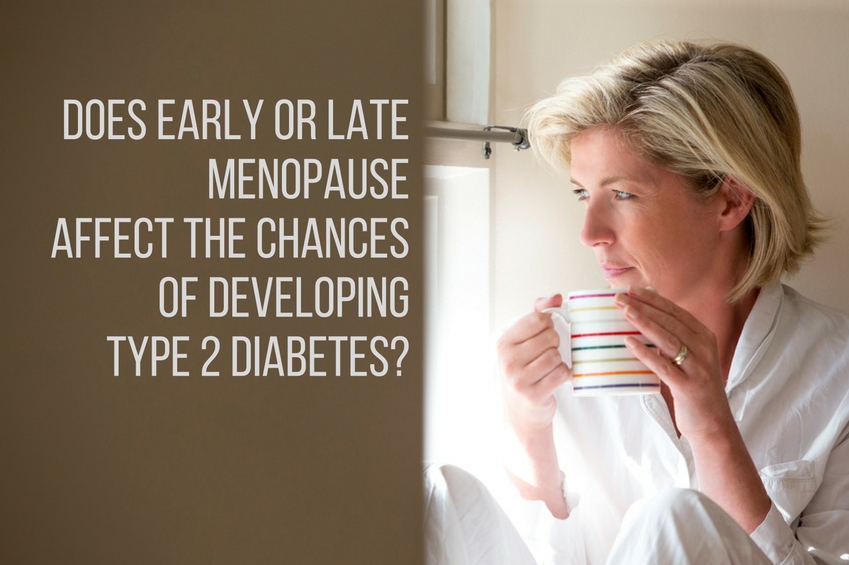Menopause can be a difficult time in a woman’s life. Though some women experience no symptoms as they transition past their reproductive years, many experience symptoms like anxiety, irritability, hot flashes, and night sweats, to name a few.
Most women go through menopause around the age of 51. But women who go through menopause much earlier or later than that are at a significantly higher risk of developing type 2 diabetes, according to a study published in the journal “Menopause” by the North American Menopause Society.
In a study of more than 124,000 women enrolled in the National Institutes of Health Women’s Health Initiative, women who had their final menstrual period before the age of 46 were 25 percent more likely than women between the ages of 46 and 55 to develop type 2 diabetes. Women who had their final period after age 55 were 12 percent more likely to develop it.
Previous studies showed a link between diabetes and early menopause, but this most recent study was the first to show a link between diabetes and late menopause, according to a press release issued by Kaiser Permanente.
“Women who start menopause before or after that window should be aware that they are at higher risk, and should be especially vigilant about reducing obesity, eating a healthy diet and exercising,” said Kaiser Permanente researcher Dr. Erin LeBlanc, the leader of the study, in the release. “These lifestyle changes will help to reduce their risk for type 2 diabetes.”
Diabetic women can experience weight gain and other symptoms while they go through menopause, according to the Mayo Clinic. Changes in hormone levels can cause blood sugar levels to become more volatile and unpredictable, which warrants closer monitoring to prevent diabetes complications. Lower estrogen levels can also make diabetic women more susceptible to urinary and vaginal infections.
The night sweats and hot flashes associated with menopause can cause sleep deprivation, which can make blood sugar management more difficult.
Talk to your doctor if you’re concerned about any symptoms you may be experiencing and for help managing diabetes during menopause.


